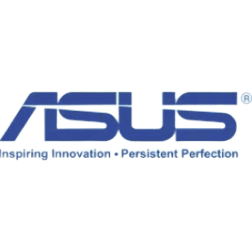
This section outlines the key features of the graphics card ASUS Radeon VII.
Specifications for onboard video memory, including type (e.g., GDDR6), capacity, and bandwidth. Higher capacity and bandwidth contribute to improved gaming and rendering performance.
Information on the base and boost clock speeds of the graphics card, which directly affect its performance in gaming and rendering applications. ASUS Radeon VII.
Details on the thermal design power (TDP) of the graphics card, including the maximum thermal output under standard and overclocked conditions, guiding the selection of cooling solutions.
Specifications of the cooling system, including fan types and configurations, which are critical for maintaining optimal operating temperatures during intensive workloads. ASUS Radeon VII.
Detailed information about connectivity options, including HDMI, DisplayPort, and DVI interfaces, along with their respective capabilities and supported resolutions.
An overview of the hardware capabilities of the graphics card, including support for technologies like ray tracing, DLSS, and Vulkan, which enhance graphical fidelity and performance.
Support for various video codecs, such as H.264, HEVC, and VP9, which enhance video playback and streaming capabilities by offloading tasks from the CPU.
Common positions ASUS Radeon VII GPU in popular benchmarks, for comparison with other models.
Evaluate the performance scores from various benchmark tests for ASUS Radeon VII in comparison with other graphics cards to gain insights into the GPU's real-world speed during content processing.
Benchmarks encompass tasks such as floating point calculations, 3D model creation, and cryptocurrency mining.
Similar in technical data GPU with ASUS Radeon VII.
*
Base Clock - the guaranteed speed specified by the manufacturer, reflecting the cooling and binning standards for which the GPU is factory-tested.
Boost Clock - the theoretical minimum speed achievable when overclocking the graphics card, taking into account cooling and binning considerations.